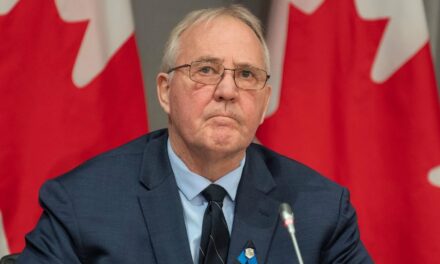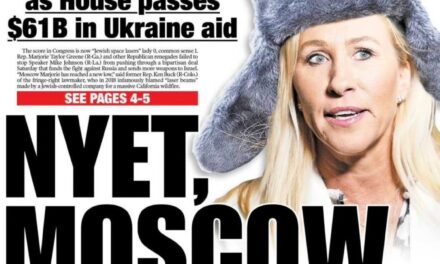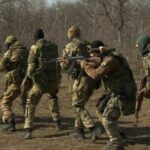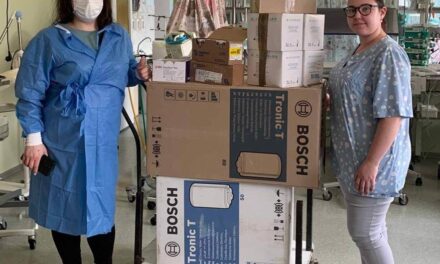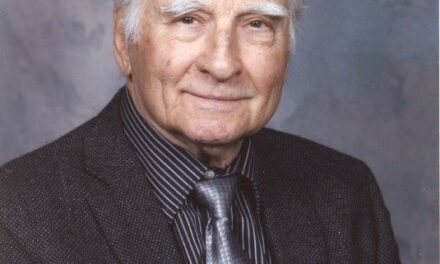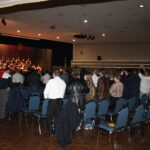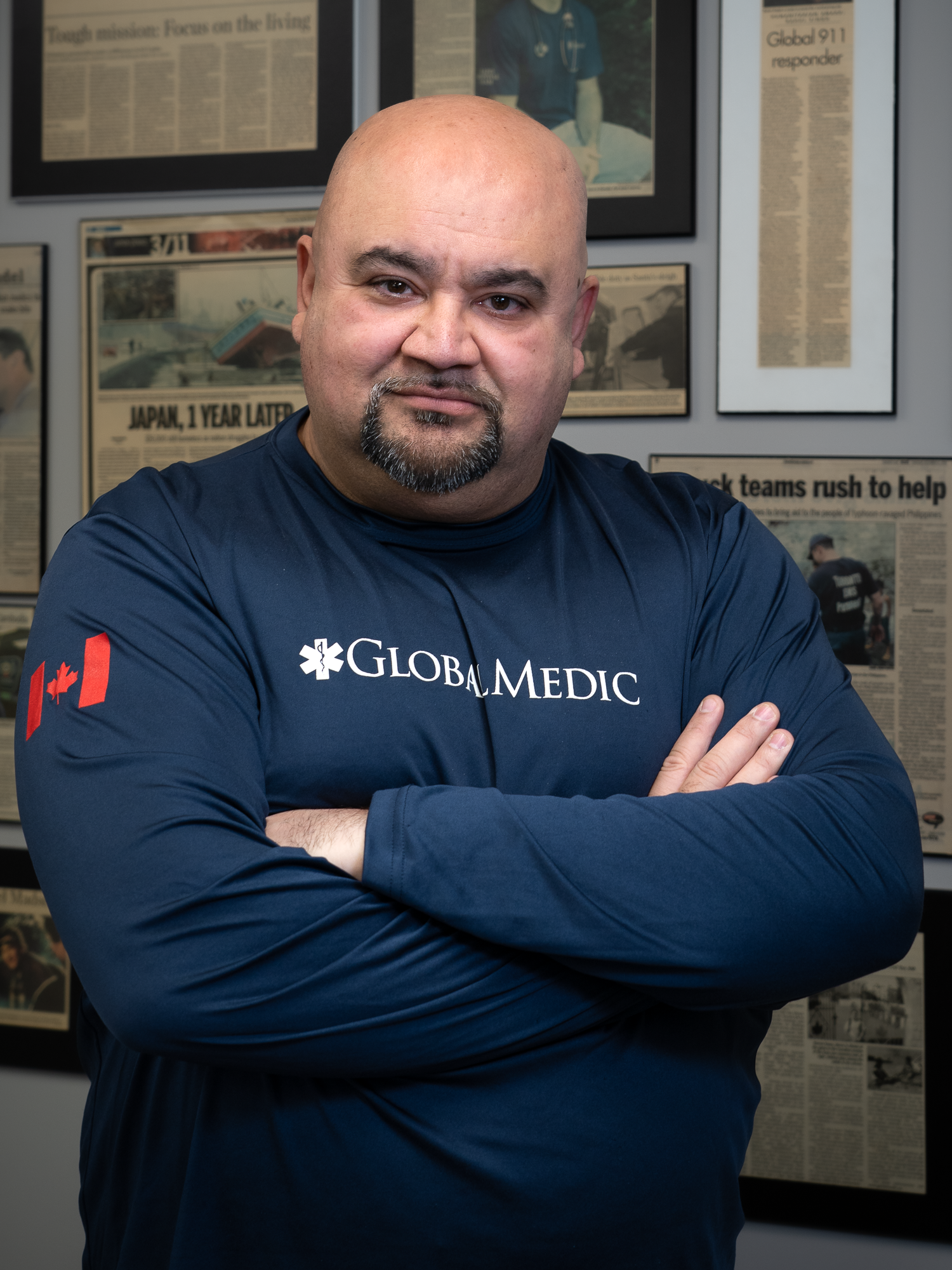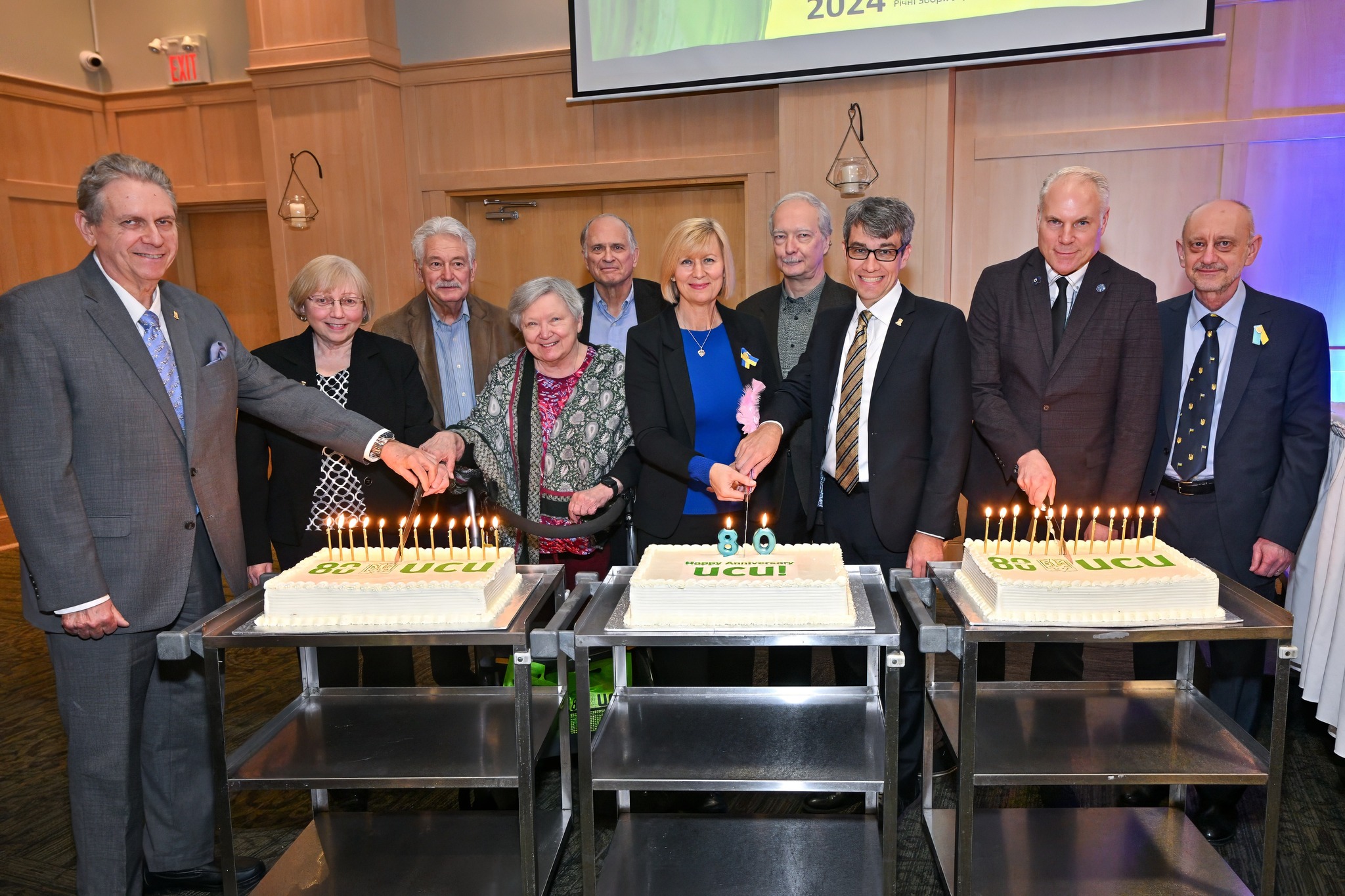Anastasiya Ringis, Bogdana Torbina
for NP-UN
For over a year, the morning of a Canadian paramedic, Rahul Singh, has begun with news of Ukraine. He accurately names the cities in Ukraine where battles are taking place and how many people require assistance.
Rahul Singh is one of the most world-renowned paramedics. His organization, GlobalMedic, which he founded 25 years ago in memory of his late friend, is the first to provide aid in the hottest spots on the planet.
Since its establishment, the organization has carried out 249 missions in 82 countries worldwide. Rahul Singh has even made it to the list of the top 100 most influential people in the world, according to Time magazine, for his assistance during the 2010 earthquake in Haiti.
GlobalMedic has been operating in Ukraine since 2014. Rahul Singh arrived in Kyiv a few days before the Maidan shootings. He witnessed the struggle of Ukrainians with his own eyes. He remembers the occupation of Crimea and the beginning of the war.
“Just like today, back then, women and children were fleeing. They needed food, shelter, and hygiene products. So, we worked and distributed this aid with church groups and NGOs,” – recalls Rahul. Now his organization in collaboration with the Canada-Ukraine Foundation delivers the food boxes to Ukrainians in need.
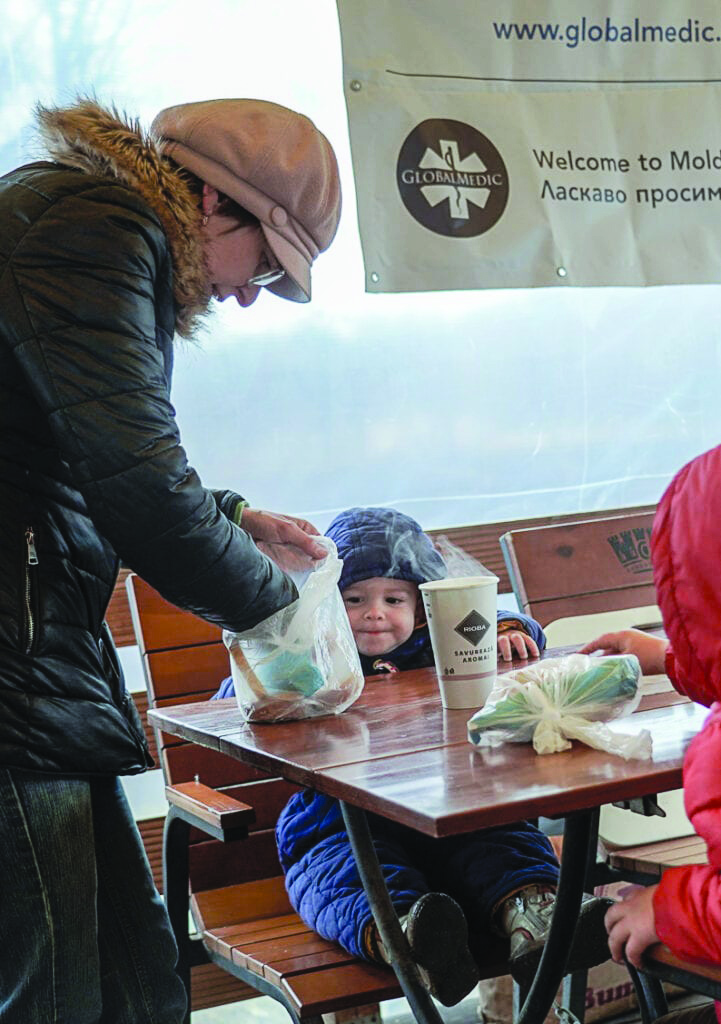
Image: GlobalMedic
– You have been helping Ukrainians since 2014. Do you see any difference between what is happening now compared to before?
– We started helping Ukrainians during the times of the Revolution of Dignity. We arrived just before the shootings. And then everything escalated very quickly: the annexation of Crimea and battles in Eastern Ukraine. At the time, the probability of a Ukrainian soldier being killed was about 13 times higher than that of a soldier trained according to NATO standards. Because of this, we worked with various volunteer groups to equip field hospitals: we delivered special tents, water, and purification equipment meant to operate in field conditions. We also trained medical volunteers to work in the field hospitals. Later, we distributed a special kind of protective blast film to front-line cities that prevented windows from shattering during shelling, thus preventing injuries from flying glass. The window would break upon impact, but the shards would not scatter. Our volunteers would install them on windows of schools, hospitals, and residential buildings – even in the well-known maternity hospital in Mariupol, bombed by Russians in 2022.
– Do you currently have a team in Ukraine?
– The Canadian team in Ukraine usually consists of four to eight people. Some teams stay in the country for three weeks to a month, moving from city to city. Other volunteers remain there for several months. Some of my people have been there for almost a year. They stay in places like Moldova, ensuring that food reaches the local displaced families in need. Then they go to Odesa, move to Kherson, Mykolaiv, and it’s challenging for them because they sometimes violate the curfew, they bring food kits and distribute it to the elderly. Our volunteers also bring medications, water purification systems, ultrafiltration membrane units for water, and firefighting equipment. We also helped the people of Kherson after the Russian army destroyed the Khahovska dam.
– How would you assess this humanitarian situation? Have you seen anything similar to the war in Ukraine?
– The first post-war country we worked in was Cambodia. We worked there on demining territories and retraining the medical personnel. In 2022, we worked in northern Sri Lanka, helping local communities cope with the consequences of the civil war. Wherever we work, our approach is to involve the locals as much as possible: work with them, buy local, and employ local services.
At the beginning of the war, together with the Canada-Ukraine Foundation, we bought food kits in Turkey and brought them to Ukraine by truck, then distributed them. It made sense because we weren’t sure if the local market would collapse preventing us from securing food aid for displaced families in need. Now, we buy everything locally. And this results in double help – both for those who receive the food kits and those who produce local products. For example, we actively involve internally displaced persons, such as women and elderly men, in the packaging of food and hygiene kits. You have to understand that one in three families in Ukraine currently don’t know where their next dinner is coming from. That’s why food distribution is crucial. We pack the food in Mykolaiv and Lutsk. We produce and distribute about 15,000 food boxes per month, 60,000 boxes over the next four months, each weighing 14 kg.
We have reached over 102,500 families so far and will reach 150,000 families with food hampers by the end of June (inside Ukraine). In addition, we provide food hampers to 2000 Ukraine families every week who are seeking refuge in Moldova. We have done this since the beginning of the war and scaled up to this current level.
We have also provided nearly 30,000 people with hot meals and that continues. Our program provides about 500 meals a day to vulnerable families and the elderly in Odesa and those who have fled and sought refuge in Lutsk.
– How do we keep Ukraine in the media spotlight so no one says they’re tired of Ukraine?
– Look at Syria as an example. The country is in its 12th year of war. The number of media outlets covering the war in Syria is now minimal compared to what it was 11 years ago, right?
Right now, the world’s attention is focused on Ukraine. It’s crucial that you don’t stop telling the world about yourselves. Every story is important. The story of every soldier, volunteer, and Ukrainian is important. Ukrainians are lucky to have such an active diaspora that constantly demands from their governments, particularly the Canadian government, to increase assistance to Ukraine. Many people from Ukrainian community come to our office to pack the aid kits, to assemble the water purification systems. In doing so, they help us reduce the costs because if I have to order the kits or pay a company to assemble them, I will pay more.
– Don’t you think that the “Ukrainian factor” already affects the ratings of politicians in different countries?
– People like me and organizations like ours want politics to have nothing to do with humanitarian aid. We believe that aid should be distributed based on needs and only on needs.
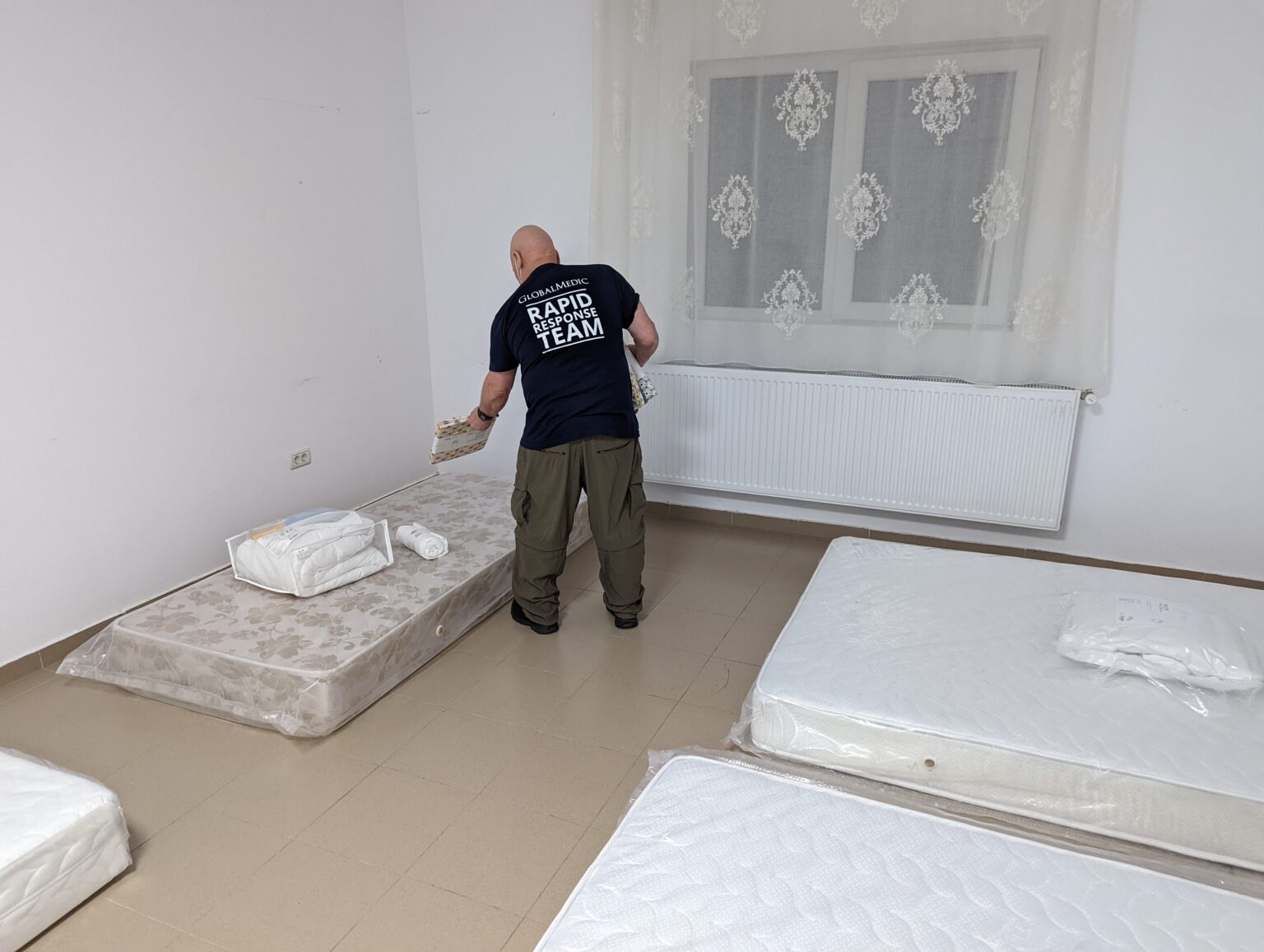
Mattresses and bedding being set up for Ukrainian refugees in Romania. Image: GlobalMedic
For example, if you look at 2010, there was a terrible earthquake in Haiti, but there were ten times more people affected by the floods in Pakistan. Yet the amount of money given to Haiti was greater than the amount provided for dealing with the aftermath of the floods in Pakistan. If you look at the devastating storms in the Philippines, Canada, as a rule, donated more money for this crisis because there are many Filipino Canadians who can influence the decision-makers.
– Do you have any personal opinion about Ukrainians?
– I am impressed by the resilience of the Ukrainian population. I was also impressed that during the height of the war, Ukraine sent a rescue unit to Turkey to help extract people from under the rubble. It would have been understandable if Ukrainians hadn’t done that, but they allocated resources and sent help. This is about caring for humanity, and, importantly, your rescuers did a great job.
– Do you think about the end of the war? What do you think will be the most critical tasks for Ukrainian society after the war?
– There are always plans for a transitional period, you have what is called ERW (Explosive Remnants of War). You need to get rid of that. You can’t bring families back, you can’t allow children to touch things and lose limbs because of something exploding. So, you have to start with that before starting the reconstruction. There are a few other things that we are focusing our attention on. If we had all the money in the world, I would open vertical farms in the East, growing fresh vegetables in old Soviet warehouses. We are doing it here in Oakville, and I want to do it there. I don’t have enough money for it yet.
– What is your forecast for Ukraine in the coming years?
– I don’t have a forecast. We always prepare for the worst. I hope that everything will be fine, that the war will end, and then we can work towards rebuilding everyday life, and people can go about their businesses. But you know, I have a plan for the worst-case scenario, and I want you to know about it. So that no matter what happens, we can with certainty feed 10,000 families per week. I know it’s a scary answer, but right now, we’re focused on doing our job.
Share on Social Media







